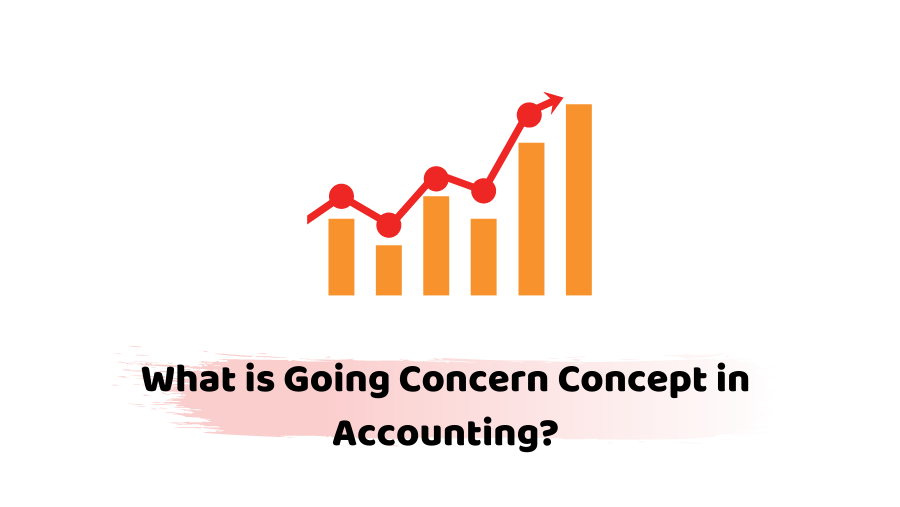You must follow a particular accounting concept/principle while preparing and presenting the accounts. One of those accounting principles is the going concern concept. The going concern is the accountancy term used for a business that has resources available to operate in the foreseeable future.
In other words, it will not be liquidated or be forced out of the business. This principle helps readers of the financial statement to assume that a business will continue to operate for a considerable time to fulfil its commitments, obligations, and objectives.
If you are looking for reliable accountants in London that can help your limited company stay on top of its accounting-related needs, Accotax is here to help. Whether you are a contractor, self-employed, or a limited company, be sure to get in touch with us today for a quote!
Breaking Down Going Concern Concept
Going concern is used by accountants to determine what types of reporting should be displayed on financial statements. Accountants use this concept to work out how to deal with the sale of assets. A business is going concern if the sale of small assets doesn’t impact its ability to continue its future operations, like shifting employees to other departments in case of the closure of a branch.
On the contrary, a business that is unable to survive or continue its operations unless it sells considerable assets and stocks will not be a going concern. Additionally, its accounts need to reflect its inability to do future business operations. In such a case, assets need to be liquidated and reported at net realisable values.
Companies with going concern don’t need to liquidate anything and are considered efficient in utilising their assets. This concept is also employed to determine how a company should deal with the assets’ sales, subtraction of expenses, or substitution of products.
Importance of Going Concern
It is one of the fundamental concepts of accounting. Without it, companies would be unable to work out their accrued and prepared expenses. By employing this principle, businesses can defer some of their prepared expenses to the future accounting periods, rather than recording them all together.
This concept is also of great importance for accountants as if a business is going concern, it needs to prepare its financial statements with the applicable financial reporting framework, like internal financial reporting stands (IFRS).
If you’re looking for cost-efficient, time-saving and responsive accounting services to grow your business, contact our certified chartered accountants in London.
How to Assess the Suitability of this Concept?
To assess the appropriateness of the assumption, management needs to keep track of all the information about the future for at least 12 month period, after the financial statements are authorised to be issued. (FRS 102 The Financial Reporting Standard will be applicable in the UK and Republic of Ireland).
Red Flags Determining a Business That is not a Going Concern
The red flags on the financial statement of publicly traded companies may show that a business will not be operated in the future (not a going concern). If the listing of long term assets appears in a company’s quarterly statements (or as a line item) on the balance sheet, it may be an indication that a company is going to sell them.
So the inability of a business to meet its obligations without selling considerable assets or significant restructuring may show that it is not a going concern.
The Importance of Accounting Principles
Accounting principles play a crucial to standardise methods for businesses to carry out their financial reporting activities. So, businesses must keep proper track of their financial statements and ensure their accuracy and efficacy.
Quick Wrap Up
To sum up, you have got a basic overview of what is going concern concept in accountancy. This concept is used to determine that a company will operate its activities for a foreseeable future. It allows companies to defer reporting their long term assets at current or liquidating value. Instead, they can realise them at a later date. It assists accountants to deal with the sold assets and ensures the accuracy of financial statements for accounting and business purposes.
If you are dubious about any issue, you can contact our certified chartered accountants in London for professional help.
At Accotax, our customers have unlimited access to qualified accountants who’re assisting them to achieve their financial goals. Get an instant quote now!
Disclaimer: This blog is just for general information and should not be considered as expert advice.





















































